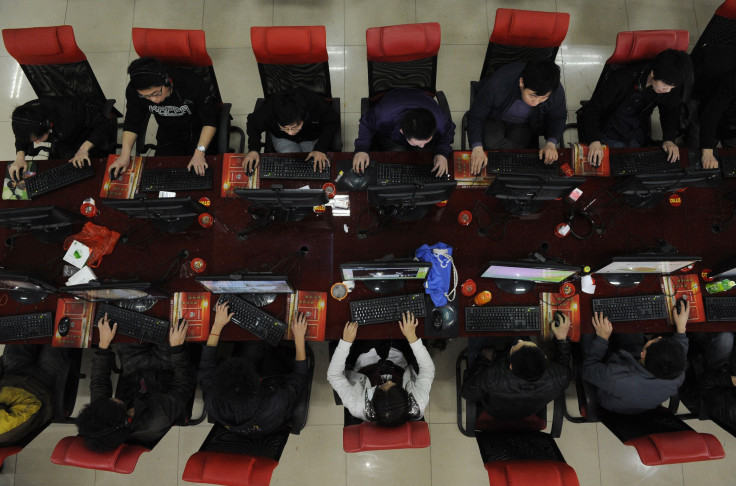China Censors VPNs To Protect Great Firewall, But Some Manage To Get Through

Call it the Great Internet Crackdown. The Chinese government has long blocked popular Western Web services like Google, Facebook, Twitter and YouTube. Last week, China went after virtual private networks, or VPNs, that people use to sneak around the Great Firewall.
But when it comes to raising awareness about VPN technology there’s no such thing as bad publicity, apparently. The blockade already is having a ripple effect on smaller VPN companies that have so far managed to avoid being knocked offline while attracting customers from the services that were.
“We’re seeing a lot of people in the U.S. download Hotspot Shield that have their browser set to China,” said David Gorodyansky, CEO and co-founder of AnchorFree, which developed the Hotspot Shield encryption app. “It makes you wonder if Chinese-Americans are downloading us during this blockade and sending the file back home.”
Three major VPN providers -- Golden Frog, StrongVPN and Astrill -- publicly acknowledged last month that users are experiencing intermittent outages (Golden Frog service has been largely restored). The issues appear to be targeting individuals who use VPNs to access Western websites like Gmail, Flickr and a number of social networks. The censorship effort actually could be a good thing for VPN services, which have experienced a surge of business since Beijing enacted new measures that make it more difficult to log on to Facebook and Twitter.
Gorodyansky, whose app has more than 20 million monthly active users, could not explain why Hotspot Shield hasn’t been blocked. “Perhaps because we have sophisticated anti-blocking technology,” he said, while adding that the number of downloads has exploded since the outages began in China late last month.
It’s still possible to get around the Great Firewall, even without investing in AnchorFree’s Hotspot Shield. It just takes some extra research into the best kind of VPN, depending on the situation.
Chinese users, for instance, would be best served by connecting to a VPN that’s based in Hong Kong or another Asian city not overwhelmed by Chinese censorship. The next best option, according to the privacy guide GreyCoder.com, is to connect somewhere in the U.S. But that’s not all.
Early research indicates that the government is using technology that automatically blocks OpenVPN protocol, one of the least-sophisticated options. L2TP protocol and PPTP protocol, VPN services that are more secure than OpenVPN, are still accessible in China. SSTP protocol is most secure and capable of operating beneath a myriad of firewall technology, including the growing blockade in China.
As dense as that may sound, more users are growing accustomed to making adjustments as they familiarize themselves with encryption technology, Gorodyansky said.
“We’re getting lots of focus from people all over the world who want to secure their information. Whereas three years ago this was a niche, it’s now gotten really mainstream,” he explained. “The fact that a lot of info remains restricted in a lot of places just doesn’t work.”
Until now government censors have largely abstained from interfering with VPNs, helping make the services the preferred method of accessing the Web from the Chinese mainland.
While foreign and domestic companies using VPNs to connect to the Internet appear to be operating as normal, the outages have prevented academics from accessing Google Scholar and businesses from sharing information, and have forced social media users to communicate on the government’s preferred social networks.
It’s that last point that could be the motivation, experts suggest. The restrictions come amid debate over new regulations that would give foreign technology companies no choice but to install so-called backdoors into equipment sold in China, essentially giving Beijing unfettered access to each device.
“This is just a further, logical step,” an unnamed co-founder of GreatFire.org, which monitors Chinese censorship, told the New York Times of the new block. “The authorities are hell bent on establishing cybersovereignity in China. If you look at what has taken place since last summer it is quite astounding.”
© Copyright IBTimes 2025. All rights reserved.



















